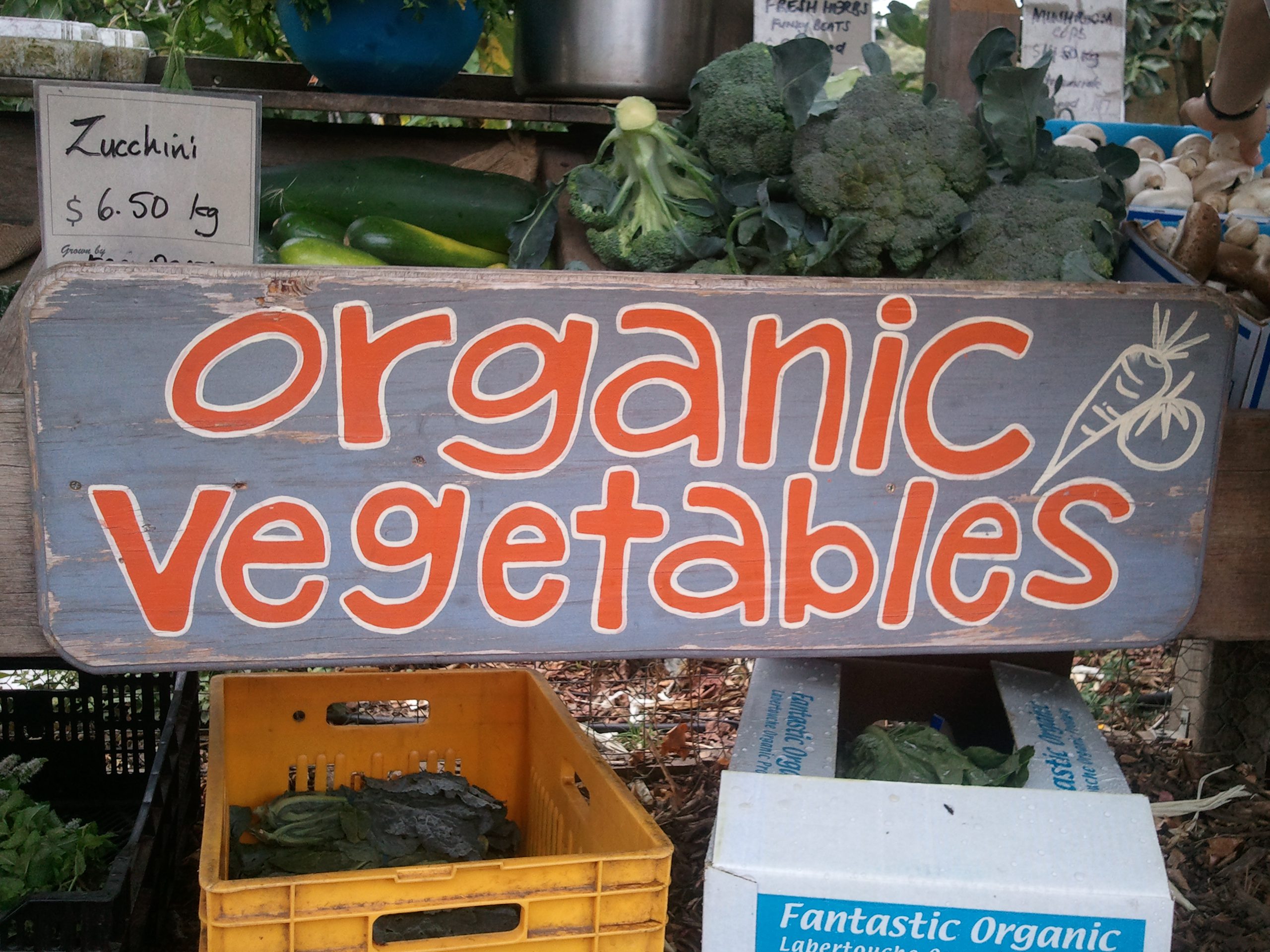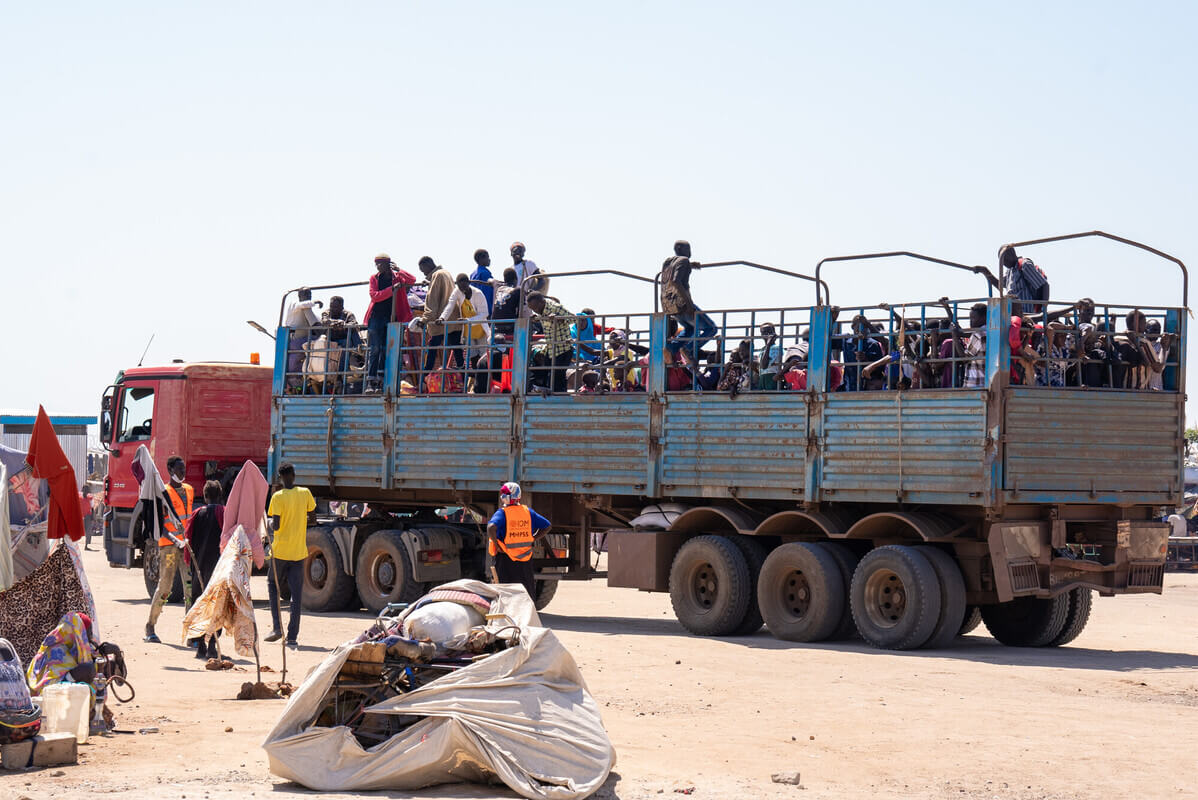Agriculture is a dominant force behind many environmental threats, including climate change, land scarcity and degradation, freshwater scarcity, biodiversity loss, degradation of forest and fishery resources, and contamination from agricultural chemicals. (FAO, 2013).
The so-called “Green Revolution” of the 1960s was not so green at all, well environmentally speaking anyway. Its legacy has been to create a world where people, as food sovereignty guru, Dr Raj Patel puts it, are “stuffed and starved”. How can we live in a world where 870 million people are hungry, 80% of the hungry are involved in food production, and 1.4 billion people are overweight? What is the answer to this paradox? One answer is, Agroecology…
Agroecology: is concerned with the maintenance of a productive agriculture that sustains yields and optimises the use of local resources while minimising the negative environmental and socio-economic impacts of modern technologies.
In support of agroecology, the United Nations Special Rapporteur on the Right to Food, Professor Olivier de Schutter, says that “we have no food crisis. We have a poverty crisis, we have an environmental crisis, and we have a nutrition crisis.” This is why World Food Day 2013 is called: Sustainable Food Systems for Food Security and Nutrition. It’s great to see that sustainability and nutrition are now seen as inextricably linked, and mentioned in the same breath. Approximately 60% of the world’s ecosystems are degraded or used unsustainably, which poses serious threats to food security and nutrition (FAO, World Food Day, 2013).
So what are sustainable food systems, and what are we, as busy individuals with limited supermarket choices going to do to support them? The sixth and final GROW Challenge takes us on a journey to contemplate organics, sustainable seafood, reducing chemical fertlisers, and DIY herb gardening in order to start answering that question, and break down what is a very big issue into smaller bite size pieces.
The GROW Challenge for this month is to treat your family and friends to a sustainable meal in support of Eat Local, Feed Global, Oxfam’s World Food Day initiative. World Food Day is on October 16, and you can hold your activity any time during October 12 – 20.
What could be on the menu I hear you ask?
- How about picking up some organic ingredients from our friends at Food Connect; CERES; Fair Food or your local farmers’ market? Seasonally speaking, spinach pastries and orange almond cake are right on the money. Seasonal Sunday Lunch will give you some sumptuous ideas as will Sustainable Table.
- Sustainable seafood is getting some mainstream attention these days, but not enough to make a difference to the fate of some of our endangered fish. According to a Food and Agriculture Organization estimate, over 70% of the world’s fish species are either fully exploited or depleted. The dramatic increase of destructive fishing techniques worldwide destroys marine mammals and entire ecosystems. Tara’s blog will give you five examples of endangered fish, and five better alternatives. The Australian Sustainable Seafood guide is a must for any seafood lover and gastronome.
- Which organics should you definitely opt for in Australia, and which ones are potentially of secondary concern? Tori will let you know here.
- Check out this vid with celebrity chef Simon Bryant talking to us about how he produces food in his own backyard, and why he thinks lentils are the goods… and while you’re at it, have a look at the delicious recipes on Meat Free Mondays site (as well as the great new shopping list tool which helps to reduce food waste).
So why is this of such importance to tackling global hunger? Well if we all use our dollars to support sustainable production methods while creating nutritious food for our families, we can do our bit to support agroecology and protect the ecosystems we rely on to feed the world now and in the future.
We hope you can join us to raise these important issues and help build a future where everyone has enough to eat, always. Once, you register for Eat Local Feed Global, we’ll send you a pack with all the resources and information you need to make your sustainable meal a success. You can register here, and start planning that menu to showcase your sustainable culinary skills.
Melita Grant – Oxfam’s GROW Team



